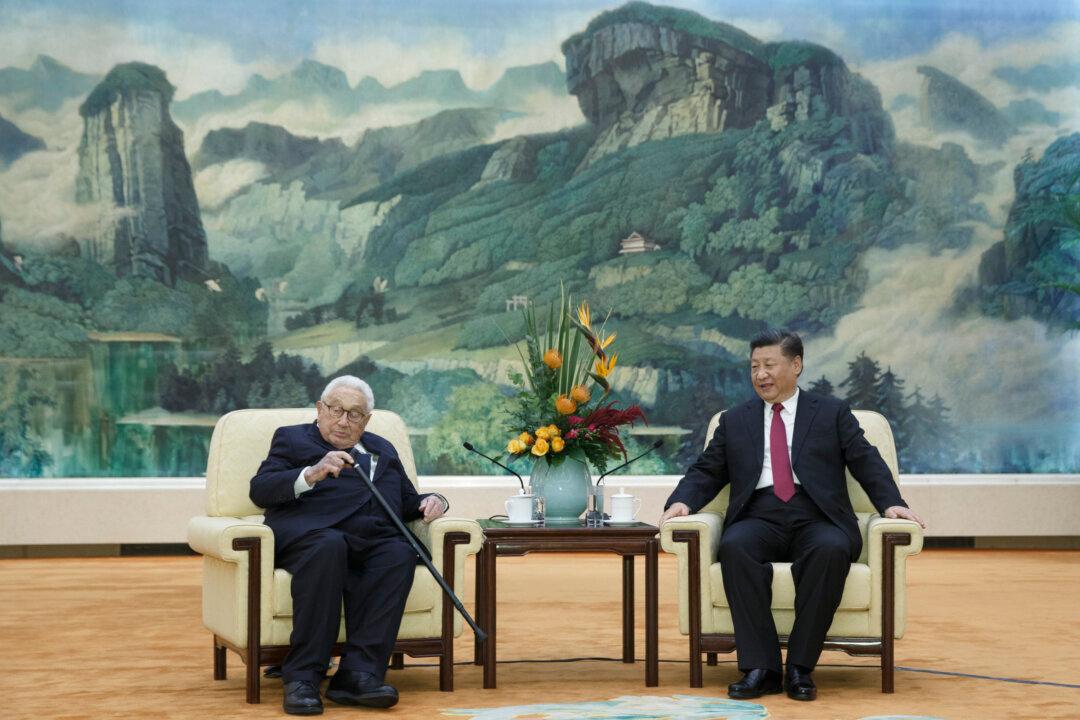Former Secretary of State Henry Kissinger met with Chinese leader Xi Jinping and Defense Minister Li Shangfu in Beijing on July 20 amid heightened tensions between the United States and China.
The 100-year-old Mr. Kissinger is revered in China for having engineered the opening of relations between the Chinese Communist Party (CCP) and Washington under President Richard Nixon during the Cold War in the early 1970s.





